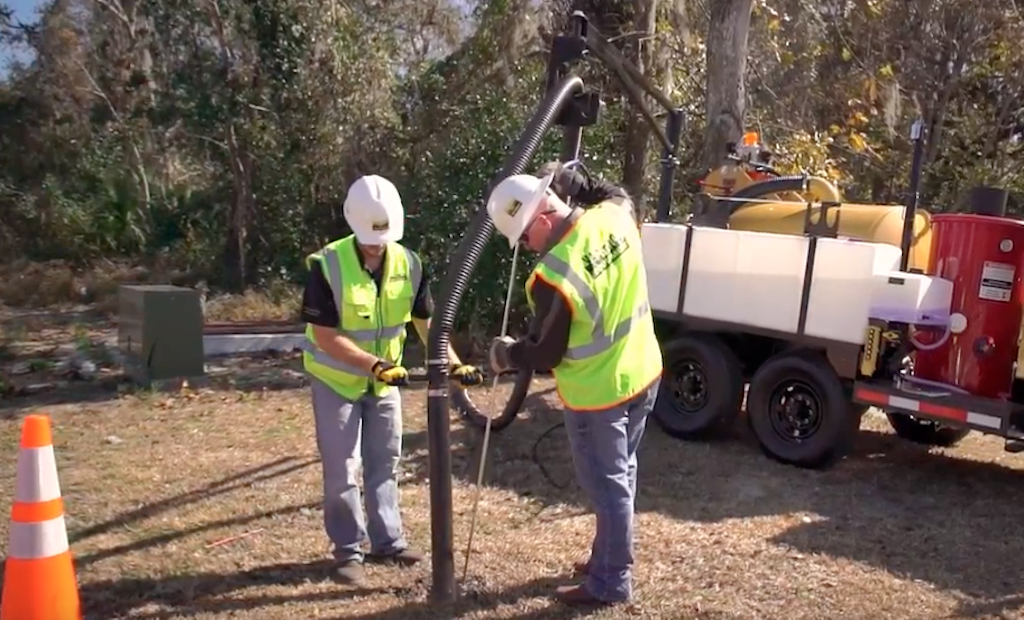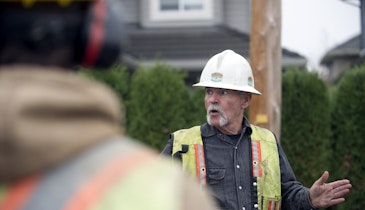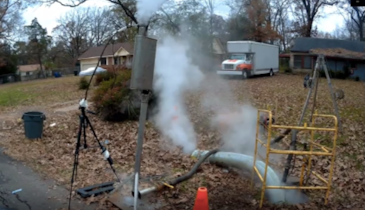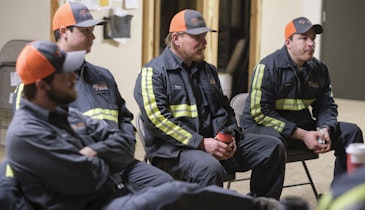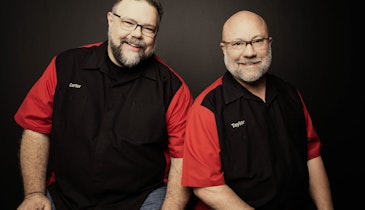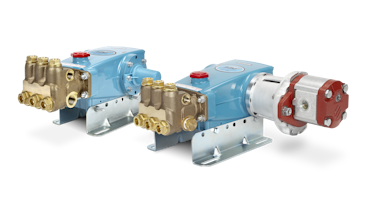Interested in Vacuum Excavation?
Get Vacuum Excavation articles, news and videos right in your inbox! Sign up now.
Vacuum Excavation + Get AlertsVacuum excavation allows for workers on site to stay safe on the surface and helps eliminate accidental line damage and trench cave-ins. With vacuum excavation, companies and municipalities have an alternative to hand digging and a much safer way to expose utilities. Vacuum excavation is the best method of identifying the accurate depth and location of an underground utility.
Why use vacuum excavation?
Vacuum excavation virtually eliminates the danger of damaging underground utilities, while mechanical digging with hand tools or backhoes can cause damage to those utilities.
Vacuum excavation is less invasive than traditional methods of digging. It also offers lower cost with a higher level of precision with less surface restoration needed.
There are always costs involved when striking an underground utility so by using vacuum excavation instead, you save money that damages would cost you and can even save lives within your company and in the community.
What is the difference between hydro and air excavation?
Hydroexcavation is the process of safely uncovering underground utilities utilizing high-pressure water along with high-speed vacuum. Hydroexcavation is faster than air excavation and is considered the most efficient type of vacuum excavation. Hydroexcavation does not allow for the reuse of the spoils material for refilling the hole.
Air or dry excavation is the process of using compressed air to disturb the earth’s soil, which is then vacuumed up into a debris tank. Air excavation can be slower than hydroexcavation, but it does allow the debris to be used back into the whole.

Should vacuum excavation be required by law?
There are companies that already require it. There are also states that require soft digging because of the safety benefits. Utilizing a vacuum excavator reduces the chance of damaging underground utilities.
What are the different types of equipment?
There are trailer-mounted units that can be towed behind a truck, so when you are not using it, it can be left in your yard. There are also truck-mounted units. The available tow package on truck units allows towing of other equipment to the job site to help with efficiency.
How do you compare and evaluate different vacuum excavators?
You want to make sure you buy quality units that are tough and durable to handle the load. When you are excavating you have a live load in your tank and you want to make sure the trailer or the truck is set up to handle that load.
What should you look for when purchasing equipment?
The first thing you look at it is capacity. Also, what type of performance do you require? Vermeer MV Solutions has all different sizes, from small units with 150-gallon capacity up to 2,000-gallon capacity.
What is new in vacuum excavation equipment?
There is new technology happening with the solidification of the material because it’s all about what do you do with that material after you excavate it.
What are some other uses or applications for this equipment?
There are many different types of applications in the cleanup industry, especially in industrial plants. Many times, these plants are already using a vacuum of some sort or they have other companies coming in and doing it for them. Now, these industrial plants are finding out that they can buy a smaller trailer-mounted unit or truck-mounted unit and have it available to them at all times and it’s more efficient.
What can I do to promote safe digging practices at my workplace?
There are different organizations that promote vacuum excavation. They all have conventions and seminars that promote safe digging where you and your employees or employer can receive further education on the topic. Everyone should get involved at some level.
